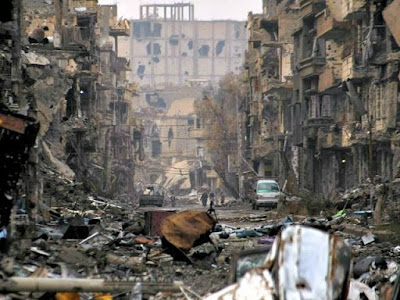A group of students at Duke University have refused to read a book assigned to all new students, saying the graphic novel's depictions of sexuality "compromised" their religious beliefs.
Fun Home was selected as "shared experience" reading for the Class of 2019 at the North Carolina university.
The novel is an autobiography of Alison Bechdel, a lesbian, whose father was a closeted gay man.
But some have taken issue with the novel's depiction of sex and nudity.
"I feel as if I would have to compromise my personal Christian moral beliefs to read it," student Brian Grasso wrote in a post to fellow students on Facebook.
Other students called the graphic novel, which inspired a Tony-winning musical, "pornographic".
The debate comes as US universities continue to grapple with students who disagree with assignments or lectures because of their religious or political beliefs.
Some activists have pushed for universities to use "trigger warnings" to alert students about provocative content.
Duke's Vice President for Public Affairs and Government Relations Michael Schoenfeld said the assignment is voluntary and the book was selected by a panel of students and staff members.
"Fun Home was ultimately chosen because it is a unique and moving book that transcends genres and explores issues that students are likely to confront," Mr Schoenfeld told the Daily Dot website. But he added that "with a class of 1,750 new students from around the world, it would be impossible to find a single book that that did not challenge someone's way of thinking".

